Renato Mota reshapes IOOF his own way
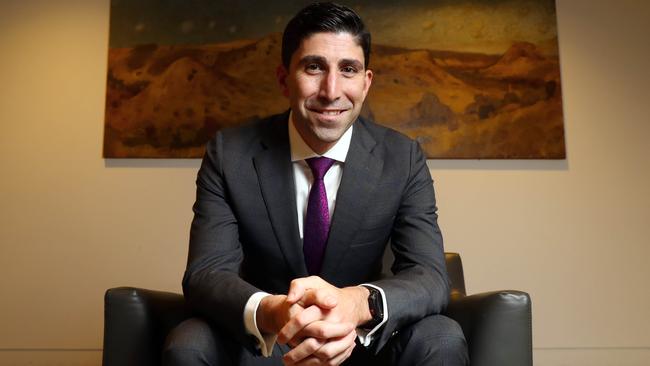
Mota had been acting CEO since the departure of Chris Kelaher under a heavy royal commission cloud in December 2018. Despite the virus and the shutdown, since the market low of March 23, IOOF shares have risen 87 per cent against an ASX 200 rise of just over 30 per cent.
“It’s been quite an eventful year, throughout 2019 and 2020,” Mota begins. “As our quarterly funds flows have demonstrated we’ve seen quite a lot of resilience to the business throughout that period. And our ability to engage in a more open and transparent way with our clients, be they investors, advisers, it’s served us really well.”
In April, IOOF shares jumped 12 per cent on its update showing funds under management grew 34.2 per cent to $195.6bn. Excluding the recently acquired pensions and investment business from ANZ, net outflows were just $69m. The P&I business has brought scale, increasingly important in wealth management. “We’re very confident that the acquisition delivers the scale and will allow us to continue to deliver better prices and outcomes to our clients.”
Things have changed dramatically at IOOF. Mota has had to rebuild almost the entire executive team. Each day is a day further from the excoriation by Kenneth Hayne after Kelaher, in a dismal showing at the royal commission, expressed “indifference” at APRA’s concerns around governance structure of the company.
Yet in the heat of it, the board’s decision was not to replace him with a cleanskin. Mota has been with IOOF since 2003.
Allan Griffiths, the IOOF chairman who stepped into the breach as acting chair at the time, says Mota was the unanimous choice after a rigorous professional search.
“Renato was the right person to take us forward,” Griffiths says. “He’s a modern manager. He well and truly reads the dynamic of the way the world has changed, the expectations that are on financial services companies and how to treat staff, all the things that are important. He’s with all that.”
Last week, a major class action against IOOF was dropped, largely due to APRA’s earlier failure to land a punch in its court action against former directors. Mota settled without any payment and there is one remaining class action afoot.
“There were some really important lessons to come out of 2019,” Mota says.
“We’ve seen those lessons being applied into some of the challenges in the first half of 2020 and many of those foundations we put in place last year have served us really well as we have navigated this COVID period.”
Mota credits his Portuguese parents for giving him strong financial skills. He runs marathons and owns one very old Porsche and an even older BMW.
“They’re both in pristine condition,” says his chairman, “but he probably drives his ute most of the time, his Volkswagen Amarok, that’s what I often see in the carpark. I often think people are a bit taken aback seeing him driving an Amarok.”
Still in his early 40s, Mota says his leadership is grounded in the purpose of IOOF, which goes back to its origins, in helping people less fortunate. And there is now a new open and transparent culture.
“We’ve got over 2000 people all working from home,” he says. “Every Monday we will have a Zoom conference where we will update people on what’s going on in the business.”
Assistant Minister for the sector, Jane Hume, joined one of the webinars. “We have a Q&A so we can talk everything from the lack of sports on weekends to what’s happening in the industry, or what’s happening specifically in IOOF,” Mota says. “Pleasingly, what comes out of a lot of those Q&As are the great client stories.”
“There are some green shoots, that’s starting to happen right now,” says Griffith after the tough period steadying the ship. After 50 years in financial advice, he is a true believer in the product.
Take the early access to super during the crisis: “Often I see that the people working through an adviser did not take the full $10,000. The average amount withdrawn that was coming through under advice was $7000-$8000, whereas the people who were unadvised were just taking their full $10,000. It is still early days, but I think the important thing is people just taking what they need and making sure they keep the rest in their super.”
Member access to super is where Mota has been both outspoken and, as it turns out, rather prescient in his warning about illiquid funds, particularly in industry super funds.
At a Senate hearing in November last year he was pressed on why industry funds delivered on average 2 per cent better returns for members than retail funds. Mota questioned the transparency of industry funds that generally hold more property and infrastructure. “You can’t talk returns without risk. IOOF has 10-15 per cent in unlisted assets.”
He told the committee bluntly that liquidity was worthless until you needed it. COVID-19 has indeed exposed liquidity issues. What Mota would like to see now is a clear understanding of what is and is not acceptable.
As to conflicts and financial advice, Mota says his advisers support third-party products, that any conflicts on products have been removed years ago and grandfathered commissions will go with expected legislation. He describes last week’s controversial move by the Financial Planning Association to ditch licensing of advisers to reduce conflicts as a big idea requiring further discussion.
“The current licensing regime has put in place some strong controls to ensure that advice is given appropriately, and we’ve seen how important that is,” Mota says.
“We have invested large sums of money particularly in the last 18 months to ensure we upgrade our quality of the advice. It is really important we understand where that onus for quality control would sit, whether it is with the licence as it is now or if it is to sit with individual advisers and how is that going to be funded in the new regime.”
To help his advisers work with clients during COVID, Mota is deploying free technology to run their businesses virtually. “Equally that same technology is allowing our advice audit people to interact with advisers to ensure that while we’re working remotely, that quality of advice is still at the forefront of our minds.”
Last month IOOF also partnered with financial advisers to offer free advice in the community, waiving fees until September for advisers offering a pro bono service. For other companies like Atlassian, offering free software is also part of a growth strategy, but Mota is reluctant to push that agenda.
“First and foremost, it’s about helping people in need whether that’s to understand the current entitlements they have under early access or JobKeeper or just understanding their own cash position and personal financial affairs,” he says. “Hopefully through that people will get a better understanding of what financial advice is all about.”
In all, Griffiths says his CEO has handled the tumultuous year with aplomb, but there were other reasons to hand Mota the top job, given the barrage of criticism of culture at the time.
“At the coal face, the people that are doing the day-to-day work talking to customers on the phones, that culture has always been very good,” he says. “It was hard for those people to read the things they were reading about the company in the press and hearing the things coming out. “The last thing the organisation needed was a CEO who was going to turn the organisation upside down further for the people that are doing all the hard work.”
Mota has worked for four CEOs during his time at IOOF, each he says bringing their own flavour. Interestingly, Griffiths was also a successful internal hire for his first CEO role, in the same year Mota joined IOOF, in 2003.
“You work though a lot of CEOs,” Griffiths says, “and you often stand back and say, I really like what that person does, and you also say to yourself, if I ever get to be CEO I’m definitely not going to do things that way. Renato is smart and perceptive. He’s worked for a lot of people and he would have made his own call on ‘if I ever get the chance myself’. He is doing things a lot differently to what has been done in the past.”

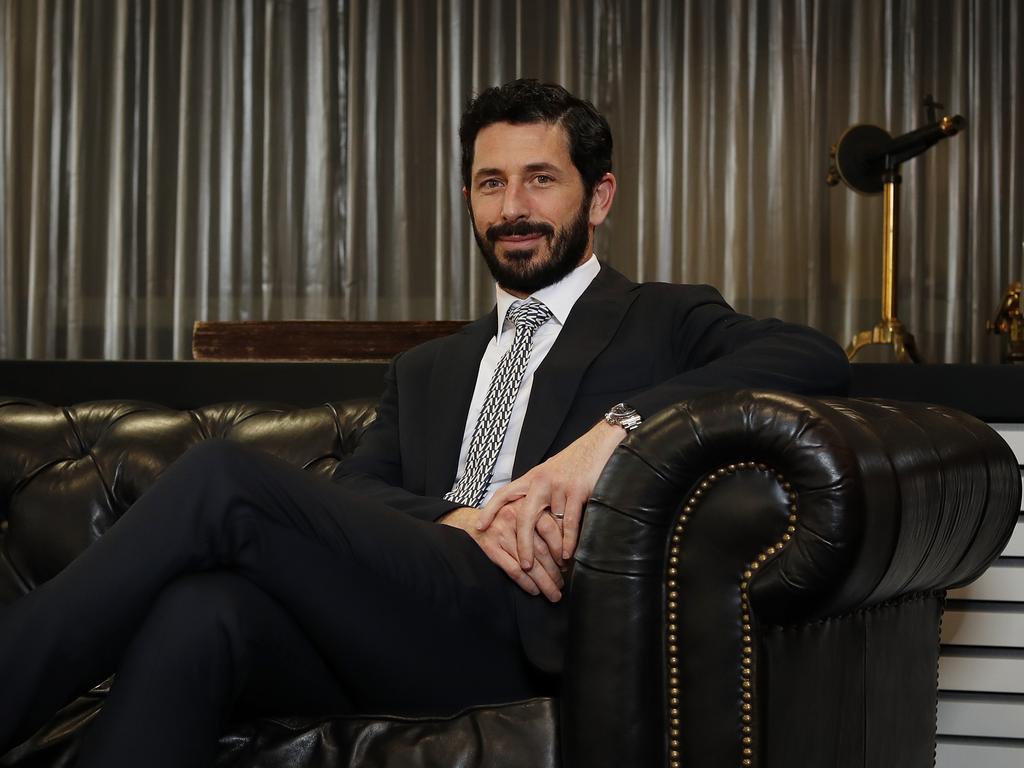


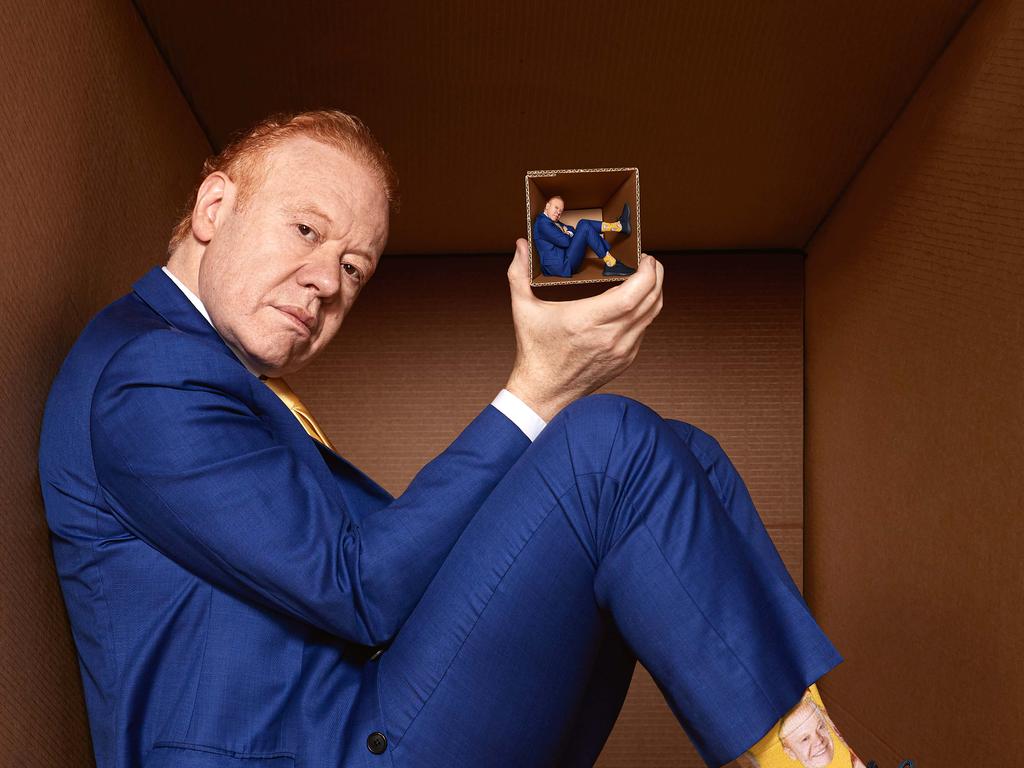
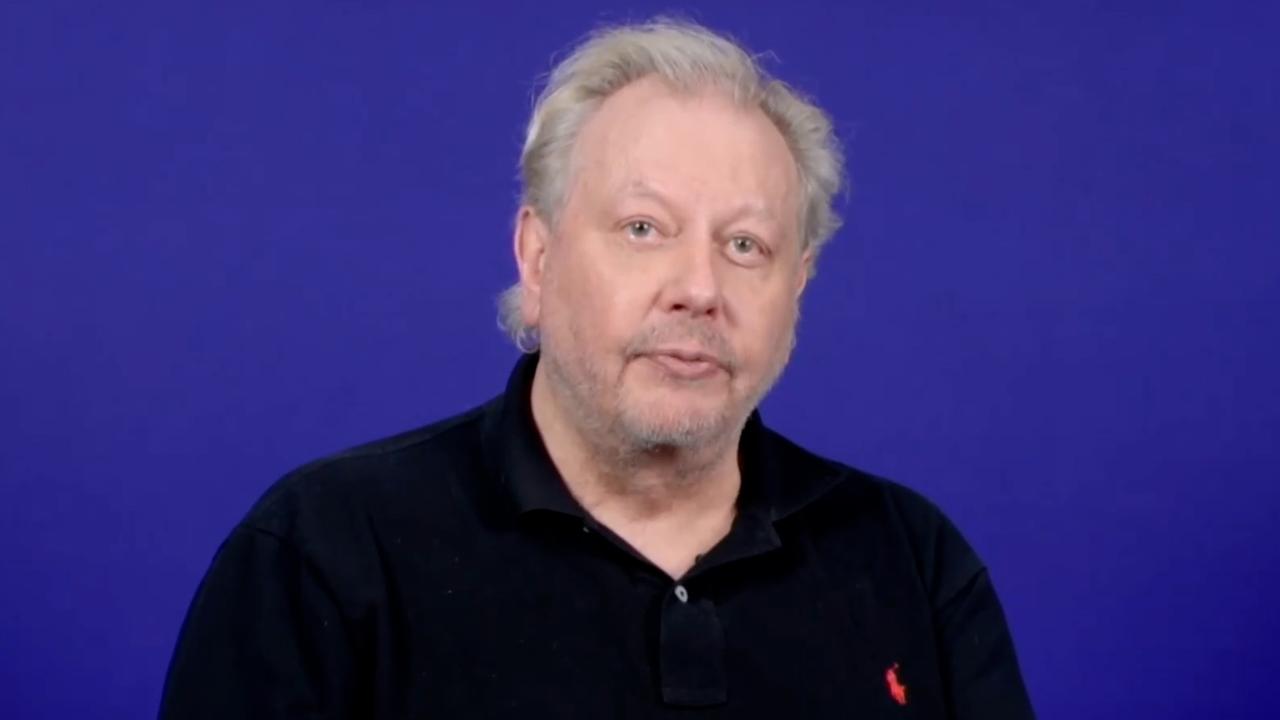
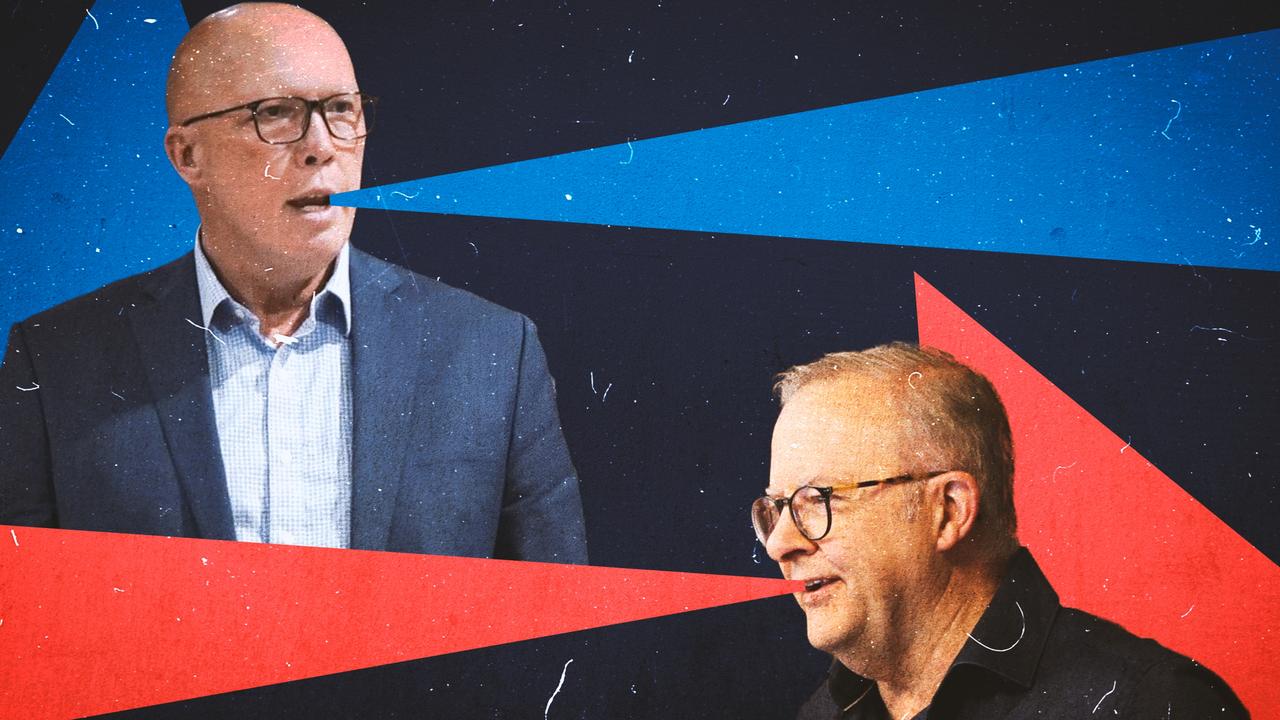
It is a year this month that Renato Mota, the understated boss of IOOF, was formally appointed CEO. Quietly and purposefully, he is on mission to recover both the performance and reputation of the 170-year-old financial services business.